Cast iron pipe vs Carbon steel pipe
Piping materials play a critical role in various industries, making it essential to understand the characteristics of cast iron and carbon steel pipes. This article compares these two widely used materials in terms of properties, applications, and performance, helping you choose the best option for your needs.
What Is a Cast Iron Pipe?
Cast iron pipes are manufactured by pouring molten iron into molds, which cool to form their structure. These pipes have been historically favored for water supply, drainage, and gas transmission. They are known for their longevity and resistance to corrosion, making them suitable for underground installations. Cast iron pipes are often used in flexible joints, flanged joints, and rigid sockets, depending on specific project requirements.
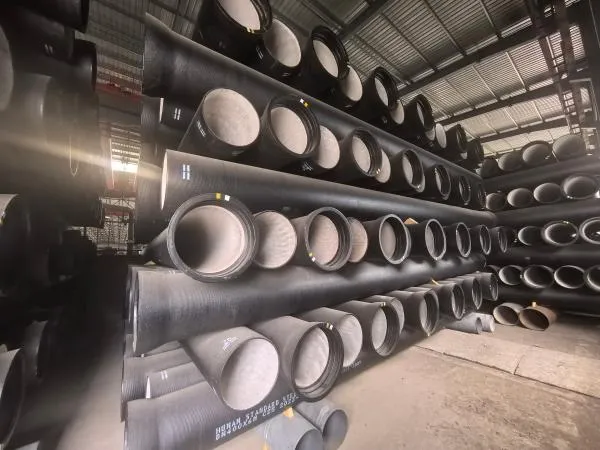
What Is a Carbon Steel Pipe?
Cast iron pipes are manufactured by pouring molten iron into molds, which cool to form their structure. These pipes have been historically favored for water supply, drainage, and gas transmission. They are known for their longevity and resistance to corrosion, making them suitable for underground installations. Cast iron pipes are often used in flexible joints, flanged joints, and rigid sockets, depending on specific project requirements.Carbon steel pipes & tubes also called CS pipes, are made of steel ingots or solid round steels through perforation into capillary tubes, which are then hot-rolled, cold-rolled or cold-drawn. Carbon steel pipe plays an important role in my country's steel pipe industry.
Key Differences Between Cast Iron and Carbon Steel Pipes
1. Strength and Durability
Cast iron pipes are durable but prone to brittleness under high pressure. In contrast, carbon steel pipes offer both strength and flexibility, making them ideal for high-pressure environments.
2. Corrosion Resistance
Cast iron naturally resists rust due to its composition, requiring minimal maintenance. Carbon steel, however, often needs protective coatings or galvanization to prevent corrosion.
3. Weight and Installation
Cast iron pipes are heavy, increasing transportation and installation costs. Carbon steel pipes are lighter and easier to handle, providing greater flexibility during construction.
4. Applications
Cast iron pipes are primarily used for water and gas transmission in municipal systems. Carbon steel pipes serve a broader range of industries, including oil and gas, infrastructure, and chemical processing.
Application fields of carbon steel pipe:
Carbon steel pipe has good corrosion resistance, pressure bearing capacity and machinability, and is widely used in many fields.
1. Pipes for mechanical engineering. Such as airline structural tubes, automobile half shaft tubes, transmission shaft tubes, large tractor structural tubes for vehicles, tractor water cooler tubes, rectangular square tubes and rectangular tubes for agricultural locomotives, transformer tubes and rolling bearing tubes, etc.
2. Drilling pipes for petroleum geological environment. Such as: oil drilling pipes, oil drilling pipes (kelly and hexagonal drill pipes), drill jacks, oil pipelines, oil waterproof casings and various tee joints, geological environment drilling pipes (core pipes, waterproof casings, active drilling rods, drill jacks, hoops and pin connectors, etc.).
3. Chemical pipes. Such as: petroleum cracking pipes, pipes for heat exchangers and pipelines of chemical machinery and equipment, stainless steel acid-resistant pipes, air-conditioning pipes for organic fertilizers and pipes for transporting chemical plant materials, etc.
4. Tubes for pipelines. Such as: water, gas pipes, seamless pipes for compressed air pipes, oil pipelines, pipes for oil and gas main lines. Leading pipes for agricultural irrigation water and pipes for sprinkler irrigation equipment, etc.
5. Pipes for thermal equipment. Such as boiling water pipes and saturated steam pipes used in general heating furnaces, overheating pipes, large smoke pipes, small exhaust pipes, arch brick pipes and continuous high-temperature alloy steel pipes used in electric locomotive heating furnaces.
6. Managed by other departments. Such as: tubes for utensils (tubes for liquefied gas cylinders and general utensils), tubes for instruments and meters, tubes for watch cases, injection needles and tubes for medical machinery, etc.
The main difference between cast iron pipes and carbon steel pipe is that they have different uses, different characteristics and different classifications.
1. Cast iron pipes with different uses are suitable for domestic drainage pipes, rainwater pipes, industrial waste water pipes and raindrop pipes in the interior of civil and industrial buildings that are newly built, expanded, and reconstructed and connected by clamps. Carbon steel pipe are used for conveying fluids and powder solids, exchanging heat energy, manufacturing mechanical parts and containers, and are an economical type of steel. The use of steel pipes to manufacture space trusses, columns and mechanical supports of building structures can reduce weight, save 20-40% of metal, and realize industrialized mechanized construction.
2. Different features, cast iron pipe have the advantages of safe and reliable operation, low damage rate, convenient construction and maintenance, and excellent anti-corrosion performance.
In addition, carbon steel pipe is a steel pipe welded by coils. Its processing is simple, but its life span is about 20-30 years, and the price is comparable to that of ductile cast iron pipes. Cast iron pipes are cast iron pipes cast by high-speed centrifuges. They are resistant to corrosion and pressure for more than 70 years. They are generally used as underground water and gas pipelines in cities.
Conclusion
Choosing between cast iron and carbon steel pipes depends on project requirements. Cast iron pipes excel in water supply and drainage due to their corrosion resistance and longevity. Meanwhile, carbon steel pipes provide strength, adaptability, and versatility for industrial applications.Understanding these materials ensures optimal performance and cost-efficiency in any piping project. Make an informed decision to enhance the durability and reliability of your infrastructure.








 English
English Español
Español بالعربية
بالعربية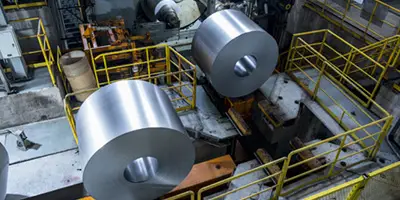

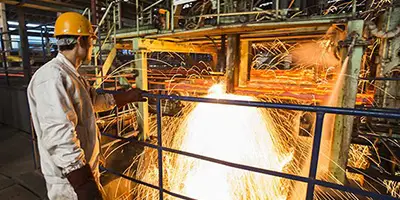
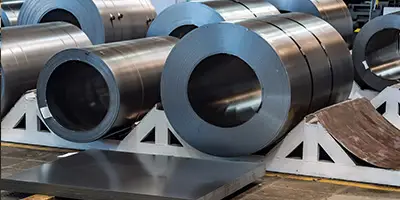

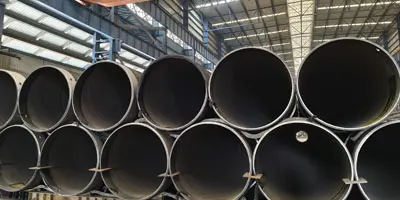
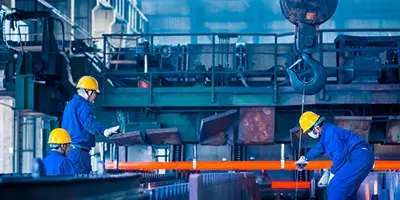
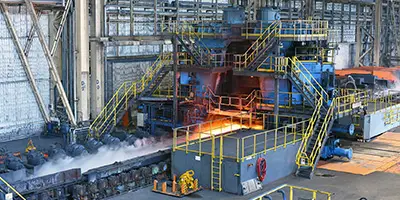
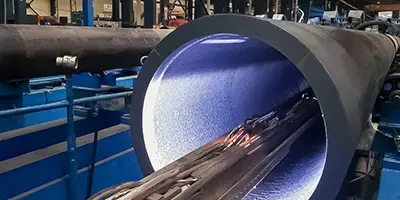
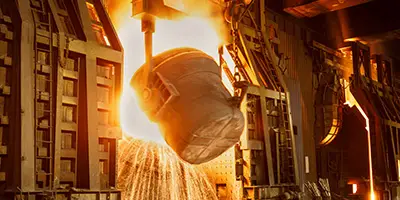
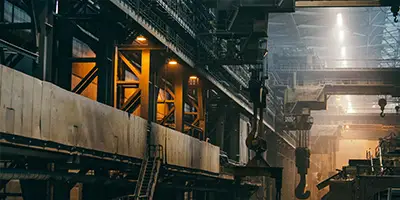

 Phone :
Phone :  Whatsapp :
Whatsapp :  Email :
Email : 


